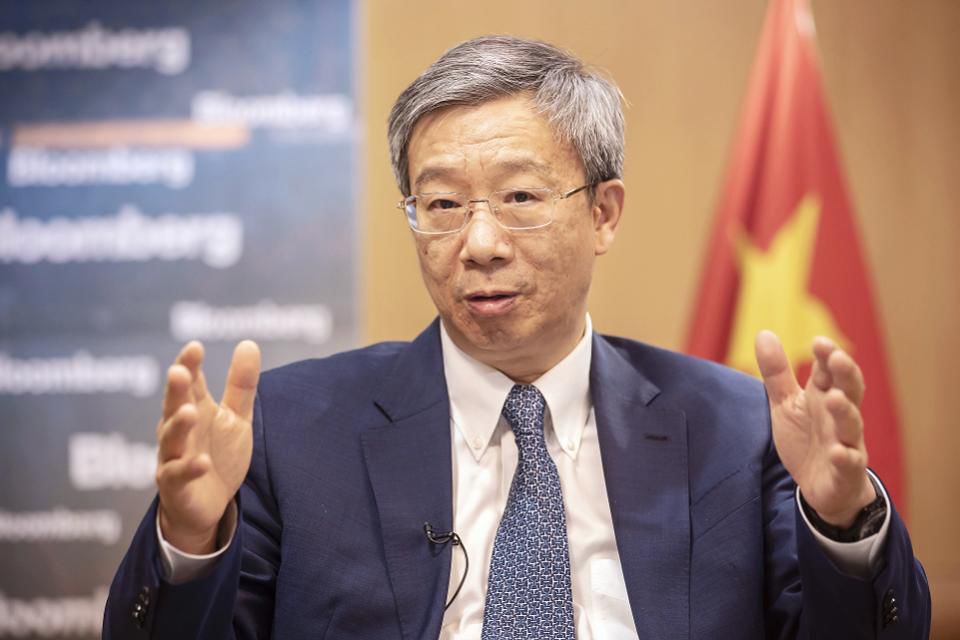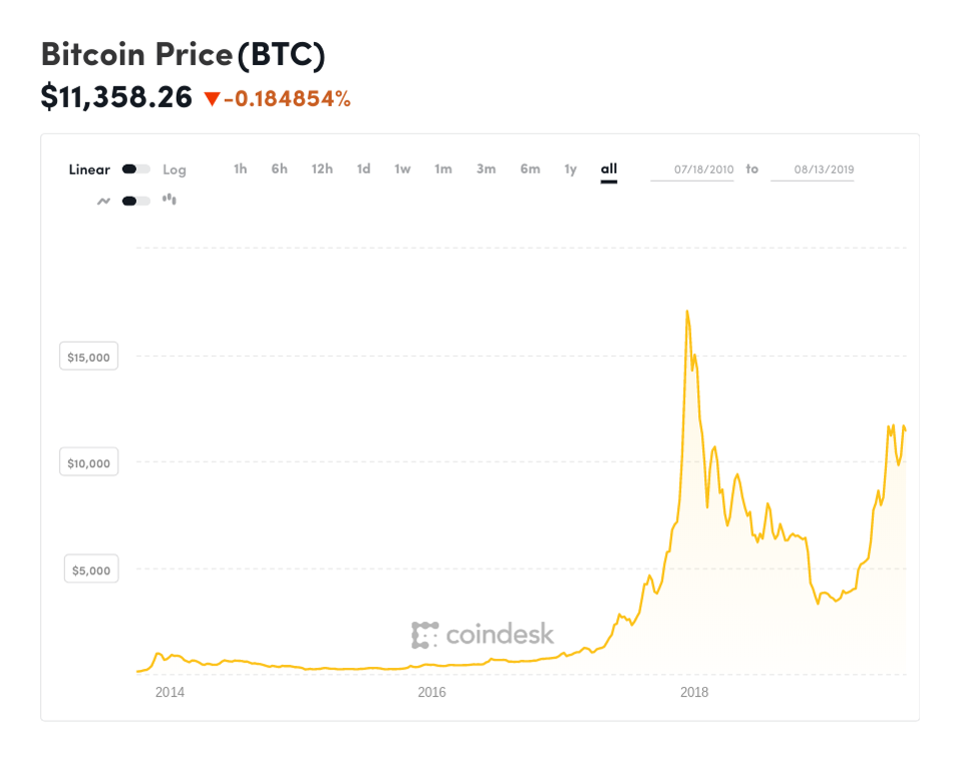The long-awaited Bitcoin competitors of the central bank are "almost" coming.
In early June, Apple announced that it will launch the Crypto SDK software development kit on iOS 13, providing developers with the infrastructure to "encrypt and operate cryptographically and efficiently."
Twitter CEO Jack Dorsey is also taking steps to integrate bitcoin and cryptocurrencies into its payment business Square.
The price of Bitcoin has soared in the past 10 years, and has fallen sharply after reaching an all-time high of nearly $20,000 at the end of 2017, but this has attracted the attention of many banks, retailers and technology companies in the large bitcoin bull market. Only then fell back .
Now, the Chinese central bank said that it is “almost ready” to issue its own sovereign digital currency, which may give billions of people in China the idea of using bitcoin, cryptocurrency and digital currency.  Yi Gang, president of the People's Bank of China, said the bank is preparing to launch its own digital currency, which can compete with Bitcoin and Facebook's Libra currency. Source | Bloomberg
Yi Gang, president of the People's Bank of China, said the bank is preparing to launch its own digital currency, which can compete with Bitcoin and Facebook's Libra currency. Source | Bloomberg
- Who is the best salesman in the cryptocurrency market?
- Dialogue Wang Yuanming: From Web1.0 to Web3.0, what have we experienced?
- The central bank’s digital renminbi is coming out, and the Bitcoin Librae currency is going to be cool?
The central bank's digital currency, which the People's Bank of China plans to launch, has already been “out of the box”. The deputy director of the central bank's payment and settlement division, Mu Changchun, said in the “China Finance 40 People's Yichun Forum” on August 10, although he did not give it. A clear release date.
However, Mu Changchun also said that China's digital currency will not rely entirely on blockchain technology like Bitcoin and other cryptocurrencies, because it is worried that blockchain technology cannot handle China's huge trading volume .
In other words, the digital currency that the central bank intends to issue is actually a digital legal currency that can be used to replace the physical currency and has “controllable anonymity” .
"The adoption of a two-tier system for the exchange of the central bank's legal digital currency will help curb public demand for cryptographic assets and consolidate our national currency sovereignty ."  Last month, the People’s Bank of China, the world’s fourth-largest bank, posted a bitcoin’s infographic on its website explaining the history of Bitcoin and how cryptocurrencies work, which was identified in a court in China by Bitcoin. The actions taken by the Chinese central bank shortly after the legal digital property.
Last month, the People’s Bank of China, the world’s fourth-largest bank, posted a bitcoin’s infographic on its website explaining the history of Bitcoin and how cryptocurrencies work, which was identified in a court in China by Bitcoin. The actions taken by the Chinese central bank shortly after the legal digital property.
With the interest in Bitcoin and cryptocurrencies circulating in some of the world's largest technology companies, bitcoin prices have soared strongly in 2019 . As mentioned above, social media giant Facebook, microblogging platform Twitter and iPhone maker Apple are researching/exploring encryption and bitcoin. Facebook plans to launch its own digital currency Libra sometime next year, provided that it Can be supported by global financial regulators.

Although this is inconsistent with the original intention of the central bank to introduce digital currency. Are you looking forward to the central bank's digital currency? Welcome to express your opinion in the comment area!
[The copyright of the article belongs to the original author, and its content and opinions do not represent the Unitimes position. 】
We will continue to update Blocking; if you have any questions or suggestions, please contact us!
Was this article helpful?
93 out of 132 found this helpful
Related articles
- Repurchase tokens, concentrate on destruction, do you accept such a "retirement ceremony"?
- QKL123 market analysis | short-term change is imminent, uncertainty increases (0813)
- Nakamoto's curse: There is no mainstream currency, only bitcoin and the altcoin that will disappear in the end?
- How to find "dead loyalty powder" in the blockchain project
- Bridge Water Fund Ray Dalio talks about paradigm shift: Will gold or bitcoin be bought in the next decade?
- Research: XRP, ETH, and other altcoins have a large deviation from Metcalfe's law
- The exchange is frequently stolen, and where is the security of digital currency going?



